Copyright © 2018 VSNAP Technology Solutions Pvt Ltd | All Rights Reserved.

General
Say you are a person who makes high-value payments.
Then this blog is for you!
As per the latest income tax updates, there are certain high-value transactions that will prove very costly for you.
You must be aware that the Income Tax Department will keep an eye on these transactions and will send you a high value transaction income tax notice to your home!
So, here is the list of some high-value transactions that will prove you to pay the income tax amount over it.
High-value Transactions - Income Tax
So, what are high value transaction income tax?
Let it be any digital payment or can cash payment, these are certain high-value cash transactions that should be made without crossing eyes with the Income tax department.
You may already know that there is a limitation on the total amount that can be deposited in your bank account or while making a payment. For individuals below 60 years of age, it is Rs 2.50 Lakhs. For senior citizens with ages ranging from 60-80 years, the tax-free limit will be Rs 3 lakhs, and finally, for the supper-senior citizen aged above 80 years, it will be Rs 5 lakhs per annum. When this limit is exceeded, that's when you are liable to pay tax in India. That used to be the think!
But as per the new tax regime of the Income Tax Rebate made in Budget 2023, any individual having an annual income of Rs 7 lakh or below is not liable to pay the income tax. That being said, the tax regime, as the old law, is tax-free income, i.e., they are not liable to pay the tax. An individual with an annual income of Rs 7 lakhs are liable to pay the tax rebate of Rs 25,000
This is a general knowledge that everyone should be aware of. Yet, there are certain updates made in terms of income tax high value transactions that everyone may need to be made aware of.
Below are some cash transactions that will be proven to be high-value transactions in the eyes of the Income Tax Department.
1. Cash Deposits in Bank:
Say you made a deposit of Rs 10 lakhs or more in cash or cheque into your bank account in a single or multiple transactions in a financial year. As per the rules of the Central Board of Direct Tax(CBDT) this payment made by the account holder will be reported to the Income Tax Department.

As this payment exceeds the prescribed tax-free limit, the account holder will receive the income tax notice asking for the income source. Thus said, a bank deposit of Rs 10 lakhs is a high-value transaction that will prove costly in the eyes of the Income Tax Department.
2. Fixed Deposit
Similar to bank deposits, placing Rs. 10 lakh or more in fixed deposits within a year triggers reporting to the Income Tax Department. Be prepared to explain the source of these high-value transactions.

Being said, making Rs 10 Lakhs word fixed deposit will be marked as a high value transaction by the Income Tax Department, and will be asked to provide the income source for making such a huge deposit.
3. Property Buying
Purchasing property exceeding Rs. 30 lakh in a financial year is flagged by the Income Tax Department. This regulation helps track large cash movements and potential tax evasion.
As per the regulation, the registrar will notify you about this high-value cash transaction to the Income Tax Department, causing you to receive a high-value transaction income tax notice, and will be asked to provide the income source to prove that you earned this money.

4. Credit Card Bill Payment
Paying credit card bills exceeding Rs. 1 lakh in cash during a year raises a red flag. Exceeding Rs. 10 lakh using any other method also gets reported, requiring justification from the Income Tax Department.
This is one of the high value transactions that will prove you costly in the eyes of the Income Tax Department. Further a high value transaction income tax notice will be sent to your residence address asking you to provide the income source.

5. Mutual Funds, Shares & Bonds
Investments exceeding Rs. 10 lakh in mutual funds, shares, or bonds within a year are reported to the Income Tax Department. This regulation helps monitor large investments and ensure proper income declaration.
Investing such a huge amount in mutual funds or buying bonds or shares will be marked as a high value transaction in the eyes of the Income Tax Department. In such a situation, you will be receiving an income tax notice asking you to provide the income source proving that you earned this amount.

All of these income tax high value transactions will surely be marked as a red flag by the authorities. So, it is necessary that you are aware of these high value cash transactions while making huge payments, and not be make yourself liable to pay the tax amount.
Let's say in case you received a notice or email from the Income Tax Department regarding the high value transaction. There are ways that you can comply with the income tax notice by providing the response to the e-campaign online.
Come. let's see how its done!
How do I comply with an income tax notice regarding a high-value transaction?
See weather you have received any SMS or e-mail from the Income Tax Department. If yes, follow the below steps to comply with the income tax notice:
Step 1: Visit the income tax e-filling website and login to your account.
Step 2: Click the "Pending Action" tab from the top bar. A drop down list appears from where you have to select the "Compliance Portal".
Step 3: Search for the e-campaign or the e-notice from the income tax regarding your high value transaction from the particular year.
Step 4: Select the information category. The one needed feedback will be marked as "Expected".
Step 5: Submit the response. You will be asked to mark any of the below response:
-
Information is correct
-
Information is not fully correct
-
Income is not taxable
-
Information relates to other PAN/year
-
Information is duplicate/included in other displayed information
-
Information is denied
And that how to you the income tax e-filling portal to comply the Income tax high value transaction notice received.
So, there you go folks. These are some of the high value transactions that will make you look costly in the eyes of income tax. Always remember that you have a valid income source when commencing such high-value transactions.
Trending Blogs
Most Frequently Asked Questions?
What are high-value cash transactions?
There are some cash transactions that will prove you costly in the eyes of income tax. Such payments are called high value transactions. Some of the high value transactions in the eyes of Icome tax department are, making 10 lakhs or more worth deposit in bank account, FD, credit card bill payment and depositing in mutual funds or buying bonds and shares.
What is the maximum amount for cash transaction?
Rs 2 lakhs is the maximum of cash transaction that an individual can make.
Is cash transaction above 2 lakhs illegal?
As per the income tax regime, any payment above 2 lakhs is prohibited and you will be receiving notice from the authorities, saying a high value transaction.
How to respond to high value transactions income tax Notice?
Say you received a high value transaction income tax notice, all you need to do is to login to the income tax e-filling and the compliance portal and give a relevant response to the e-campaign.
Categories
Latest Blogs
Other General Blogs
REALESTATE IN INDIA
Property In Bangalore
Property In Hyderabad
Property In Chennai
Property In Pune
Property In Kochi
Modern vs Traditional Interior Design Styles: A Complete Guide
Upgrade Your Dining Room Like a Pro - Without the Price Tag
The Best Pooja Room Interior Design Ideas for a Peaceful Home
Why Your Interior Design Isn’t Working: Common Mistakes Explained
Wall Shelf Design Ideas to Add Style and Maximize Your Space
Bold Kitchen Color Combos That Will Transform Your Space
Unique Colour Combinations to Refresh & Brighten Your Living Room
Wooden Carved Main Doors: Nostalgia, Design, and Timeless Charm
Trending Wooden Door Designs for Modern Indian Homes in 2025
The Art of Floor Molding Baseboard: Small Details, Big Impact
Top Color Blocking Wall Ideas to Make Your Space Truly Pop
Top Home Decor Trends in India: A Simple Guide to Style 2025
Improve Interior Comfort Using Smart & Effective Acoustic Design
Style Your Console Table: Easy and Simple Decorating Tips
Raw Materials, Refined Style: The Industrial Interior Story
How to Turn Your Hallway into a Welcoming Statement Space?
Top Color Trends for Modern Interiors to Inspire Living in 2025
The Ultimate Guide to Popular Interior Design Themes
Trending Now: Top 7 Window Curtains Styles to Refresh Your Home
Open Shelving in Kitchens: Not Just Trendy, But Transformative
The Color Duo That’s Transforming Minimalist Living Rooms
Top 10 Interior Designers Transforming Bangalore Homes in 2025
Transform Your Space by Fixing These 4 Rug Mistakes
The Timeless Appeal of Classical Interior Style in Every Room
Filling the Silence: My Perspective on Negative Space
Open Kitchen Living Room Ideas Combo: The One Must-Know Rule
Interior Trends That Aren’t Just for Instagram - Discover Them
How Can a Bay Window Quietly Transform Your Entire Home?
Pros and Cons of Vaulted Ceilings: What You Need to Know
Mix and Match: Boho Interior Design for Every Room
How to Use Pastel Colors Interior Decor to Brighten Your Space?
Eclectic Interior Design: A Style as Unique as You Are
Why Space Planning Is the Secret Sauce of Interior Design
Epoxy Flooring Designs: A Perfect Blend of Beauty and Durability
Highlighter Tiles: Transform Any Room with Color and Style
Bring Nature Indoors: Wall Planters That Wow
Carpet Cleaning: Do's and Don'ts You Need to Know
Parquet Flooring: The Timeless Trend That’s Back in Style
Track Lighting: Shine a Light on Style With Ease
How to Spot and Remove Black Molds in Your Home?
French Windows: The Perfect Blend of Functionality and Elegance
The Ultimate Wallpaper Removal Guide You Need to Read!
Why Terrazzo Flooring Is the Best Choice for Durability and Style?
From Clutter to Clean: How a Folding Wall Table Transforms Space
Why Are Homeowners Choosing Decolam Sheets Over Costly Options?
Minimalism vs. Maximalism: Finding the Perfect Design Balance in 2025
Color Palettes for 2025: Exploring Earthy Tones and Digital Brilliance
Stylish and Functional Wooden Door Designs for Every Home
Creating a Work-From-Home Haven: Design Ideas for 2025 in India
Brobdingnagian Interior Designs for Your Home
What Makes Interior Designers in Chennai Stand Out?
Top 5 Interior Designers in Hyderabad
Creating Your Dream Gaming Room: Top Wallpaper Designs
Tips for Choosing the Right Furniture
Comprehensive Guide on Top 10 Interior Designers in Kochi
10 Plants you can Easily Grow in a Bottle
Transform Your Space: Affordable PVC Wall Panel Ideas
Creative Yellow Colour Wall Paint Ideas for Your Home
10 Indoor Plants that Live Over 50 Years
What Makes Rosewood Furniture the Best Choice for Your Home?
Creative Wall Painting Ideas to Elevate Your Home Decor
Quiet luxury Interiors for Home
Stunning Exterior Wall Tile Designs for Every Home Style
Exploring the Different Types of Sliding Doors
French Interior Design Ideas For a Sophisticated Look
Biophilic Design: Transform Your Space with Nature
Achieve Zen Living: Mastering Japandi Decor Interior Design
Modern Wardrobe Designs for Every Style in 2024
7 Stylish Dressing Table Designs for Every Bedroom 2024
Stunning Wall Art Ideas for Every Room (2024)
Modern Wall Texture Designs for an Elegant Look
Latest Pooja Room Designs for Home 2024
Indian Traditional Textile Ideas for Home Decor
Tri Colour Wall Combination For Your Home
Partition Designs for Your Home that Double Your Space
Vacuum Cleaner for Home: Easy Guide
Top 10 Marble Texture Paint Designs for Interior Walls
The top stencil designs for Interior Wall Painting
Declutter the Kitchen: Easy Steps to Transform Your Kitchen
Spruce Up Your Space: Living Room Do's and Don'ts
Craft Your Study Room Simple Tips for a Neat & Productive Space
The Top 6 Wabi-Sabi Interior Design Ideas For Your Home
Sofa Cover Design Trends 2024: Find the Right Look For Your Space
Trendy Bedroom Sofa Designs - Best Sofa For Bedroom
Easy & Impactful Accent Wall Ideas
Athangudi Tiles - A Guide to History
Designer Carpets for Living Room - A Complete Guide
Why Marine Plywood is The Ultimate Choice?
White Paint for Walls - All you need to Know
Top 15 Interior Designers in Bangalore 2024
10 Best Main hall double door designs for Home
14 POP Designs for Bedroom Ceiling for An Aesthetic Appeal
Reasons to Love Matte Finish Tiles
Transform Walls with Stunning Wood Wall Tiles
15 Aesthetic & Modern Bed Designs for your Bedroom
Small Space, Big Style: Creative Small Bedroom Design Ideas
Different Kitchen Chimney Types and its Uses
Captivating Bookshelf Design Ideas to Elevate Your Space
Customize Your Kitchen Countertop Designs and Styles
15 Best Wooden Chair Design Ideas for Home
Space-Saving Comfort: Unfold Convenience with Folding Beds
Aesthetic Wooden Dining Table Designs for Home
Inspiring Two-tone Interior Wall Colour Combinations for Indian Home
Illuminate Your Space: Wall Light Designs For Stylish Decor
Best Showcase Designs For Home
Iron Stairs Design: Elevate Your Space with Elegance
Modern Duplex House Designs for your Home
All About Money Plants for Home - Types, Benefits and Vastu
Aesthetic Colour Combinations for your Bedroom
Stylish TV Unit Designs for Your Home
The Ultimate Guide to Choosing Vanity Lights for Your Space
Black Granite Kitchen Countertops Design
Houseplants for house with Fresh Air
Chic Home Decor a Stylish Theme
Small Bedroom Decorating Ideas on a Budget
Top 10 Indoor Water Plants For Your Home
Top Interior Design Trends to Watch in 2023
Best Interior Designers in the World
Top Indian Interior Designers and Firms
Simple Ways to Spice Up your Guest Room
All About Clerestory Windows at Home
Open Kitchen Vs Traditional Kitchen
Amazing Rental Home Decor & Design Ideas
Top 10 Types of Granite for your Home: Flooring and Countertop
7 Bedroom Decoration Ideas on a Pocket Friendly Budget
14 Simple & Easy Showpiece Ideas for your Living Room
Benefits of Snake Plant in your Home and Office
Top Patio Designs for your Home
Top 25 Air Purifying Indoor Plants for your Home
Picture Perfect Staircase Designs
How to make your Apartment Eco Friendly?
Wallpaper Vs Paint - Time to Choose
Creative Methods to lighting house naturally and beautifully
Differences between Engineered Wood and Solid Wood
Top 12 Bedroom Decor Ideas for your Home
18 Best Ornamental Plants for your Home Gardens
Top 7 Dining Room Ideas and Designs for Home
Advantages of Types of Home Fragrances
8 Hacks for a Spacious Home and Bigger Home Space
Tips to Make Your Home Disabled Friendly
Marble Flooring - Types of Marble Flooring for Your Home
Latest Curtain Designs for Living Room
All about Wooden Flooring for your home
5 Easy Tips for Pest Control for Home
9 Different Types of Floor Tiles: Classy Tile Designs
Ideas for Studio Apartment Interior Designs
Stylish Easy Bathroom Renovation Hacks For Home
Simple Tips to Improve Ventilation for Home
Home Bar Ideas - 5 Simple and Brilliant DIY Home Bar Tips
Types of Windows - 17 Evergreen Window Designs for your Home!
Tips for Creating A Meditation Room
Modern Kitchen Designs - 8 Best Modern Modular Kitchen Ideas
Home theatre designs: Create your own Movie Room at Home
Types of False Ceilings-House false ceilings
Kids Room Designs- Simple Kids Room Decoration Ideas for Home
Home Library Designs for your Reading Space!
Popular Types of Indoor Lighting
Various Types of Foldable Furniture Designs
17 Low Light Indoor Plants for Home - An Amazing Garden Collection!
10 Modern Minimalist Interior Design Tips for Home
Quick and Smart Storage Hacks for Compact House Designs



.jpg)



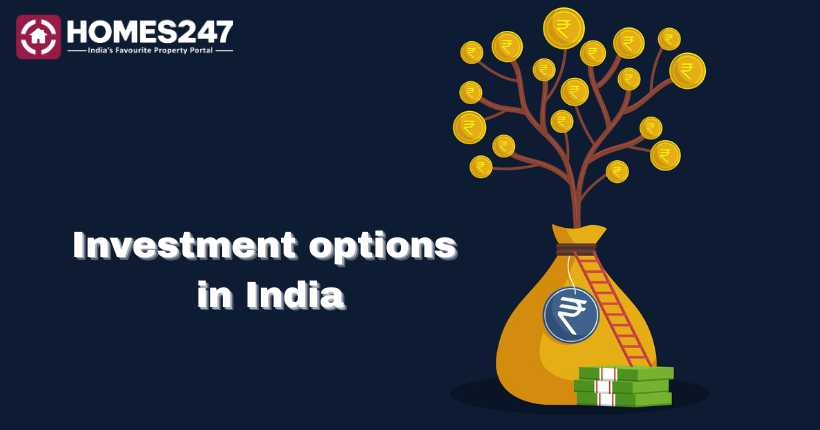
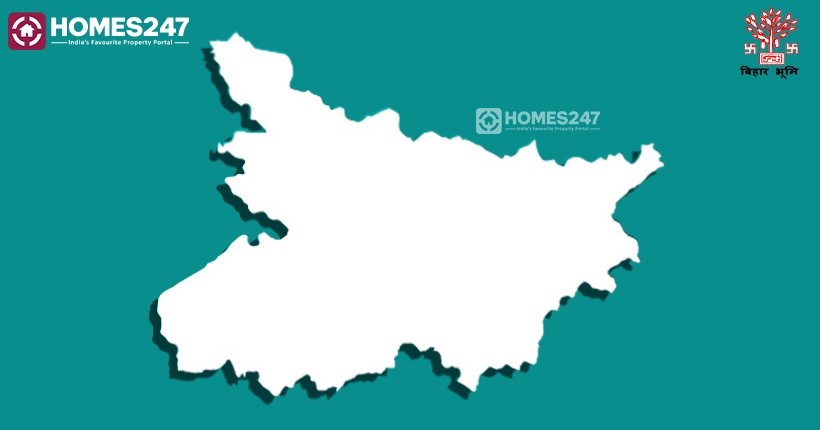
.jpg)


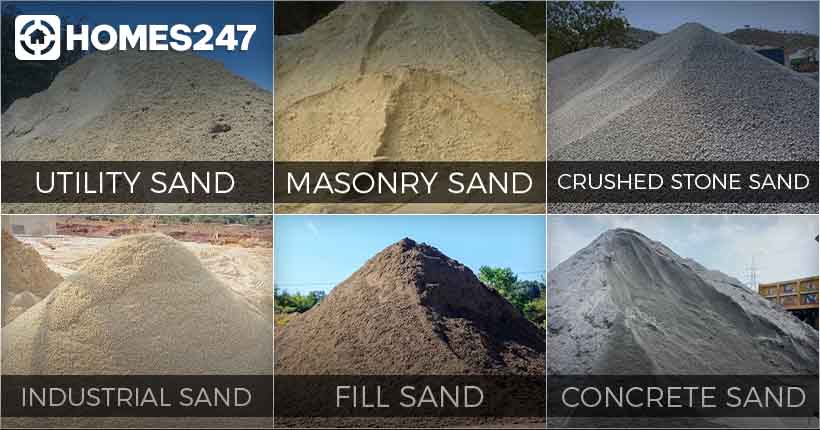






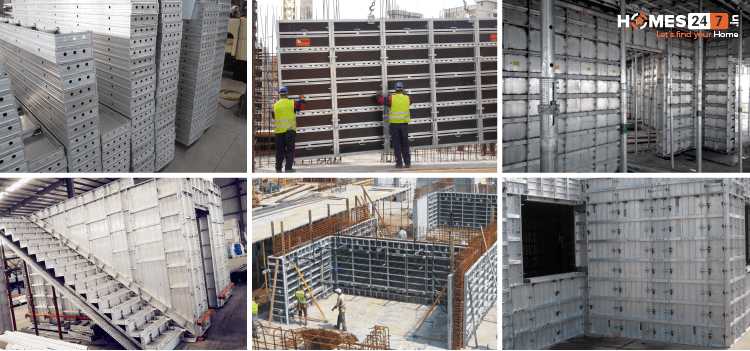

.avif)


.avif)
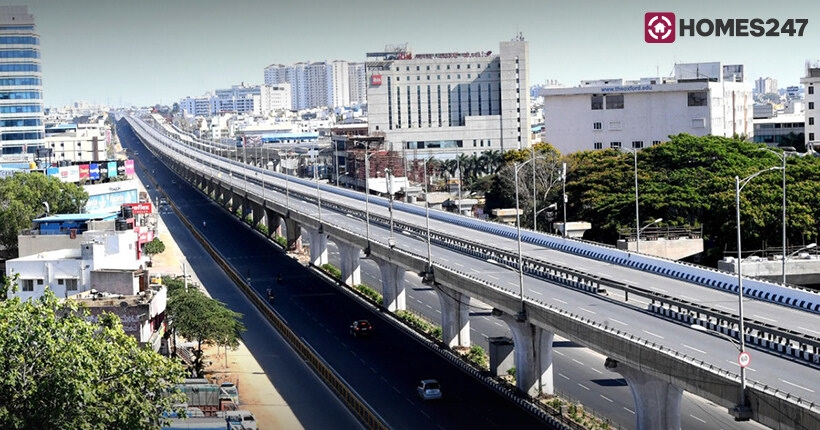
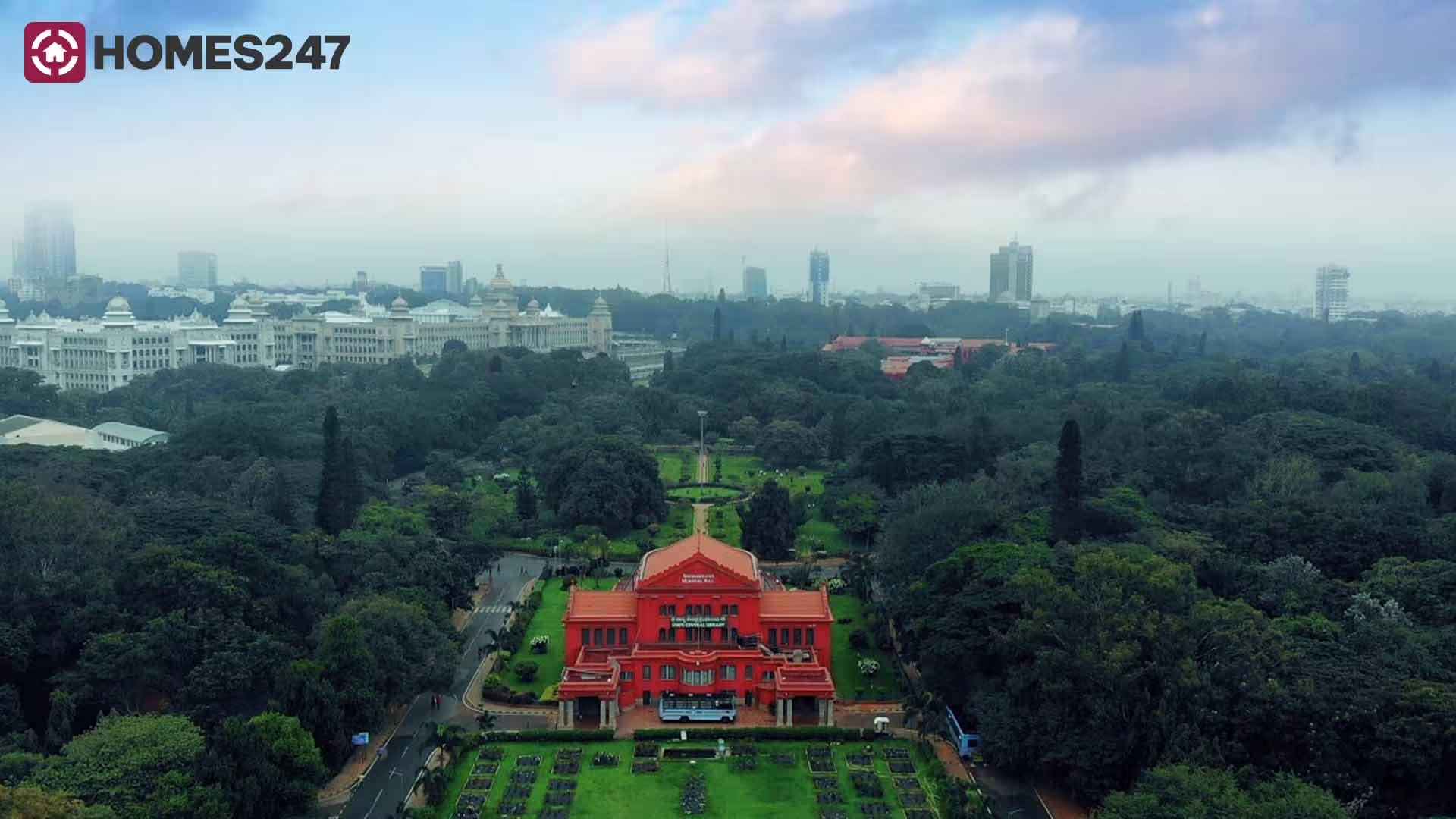


.jpeg)





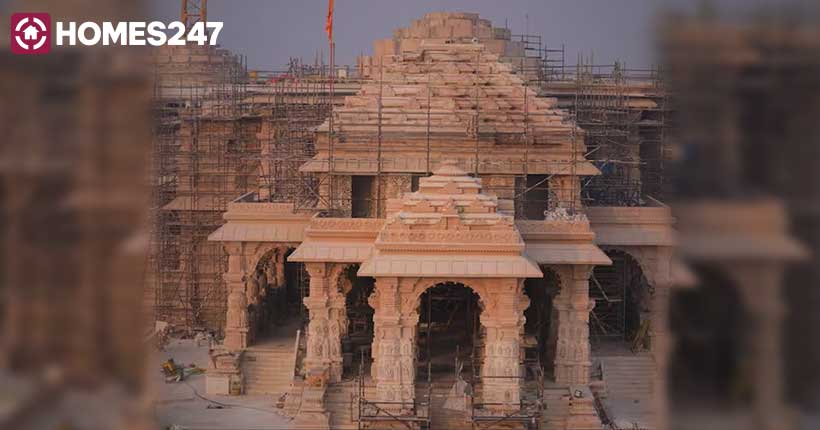







































































.jpg)
.jpg)

.jpg)




































































.avif)




